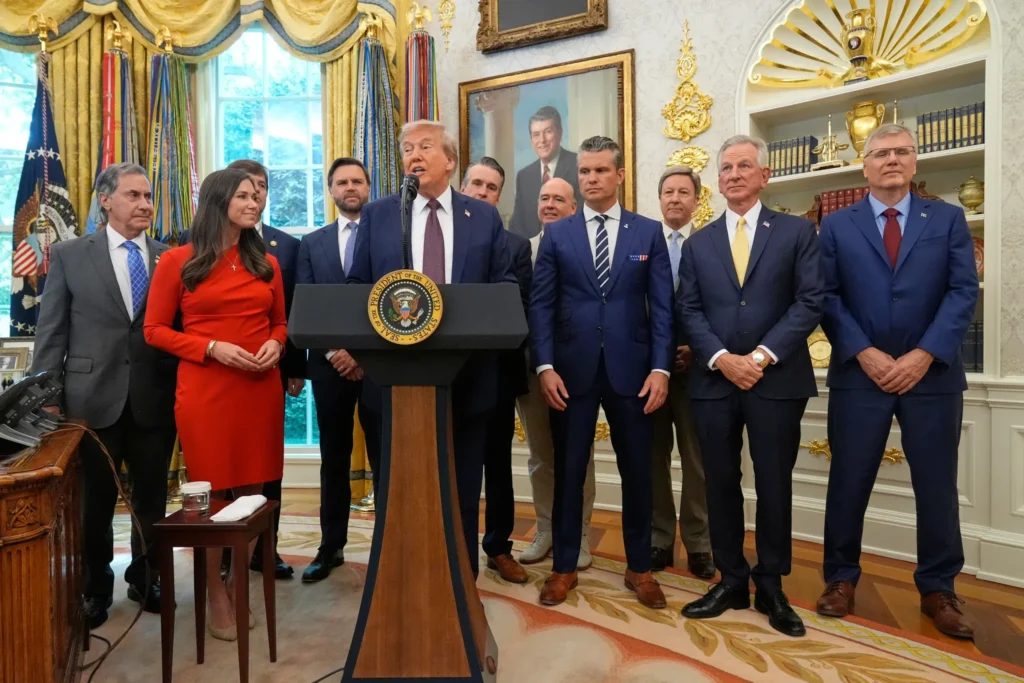EDITORIAL: Panicked policies won’t stem gun violence
Coloradans on nerve’s edge in the wake of mass shootings have nothing to fear from a federal court ruling last Friday that stalled new gun-control measures in the town of Superior.
That’s because the local ordinance the court temporarily halted was pointless to begin with. It deserves to be struck down and perhaps will be, pending further proceedings on the case.
The law would be ineffectual in stopping the next tragic shooting. Which is to say its provisions would miss their mark in stemming gun violence — while scoring a direct hit on the right to self-defense.
As reported in Monday’s Gazette, U.S. District Court Judge Raymond P. Moore issued a temporary restraining order against the Boulder County town in response to a challenge by gun-rights groups seeking to overturn the recently enacted ordinance. The new law includes a ban on “assault weapons” and a prohibition on other hardware — some types of knives, firearm magazines and striking weapons.
Superior’s law has the usual flaws of ill-conceived attempts at gun control. Not only is it vague and overly broad — so-called “assault” rifles are defined in part as semi-automatic, center-fire rifles, which also applies to a whole lot of ordinary hunting rifles — but it’s also based on panic.
“(P)erpetrators of the five deadliest shootings in modern U.S. history … used assault rifles with military-style features, and Colorado’s deadliest mass shooters have also used assault rifles or pistols,” the ordinance’s pages-long statement of legislative intent states.
In a nation of 330 million people — with an even greater number of firearms of every variety — such attempts to outlaw them are in most cases futile. Even more so when legislation attempts to do so on the basis of false distinctions between some firearms and others.
And lawmakers at every level of government know it. Laws like Superior’s amount to a statement of moral purpose — some would call it virtue signaling — rather than a sober assessment of workable policy. Support for such efforts is driven by fear, dogma and wishful thinking.
The fuzzy, gotta-do-something mindset reflected in the law’s arbitrary provisions may well have influenced the judge’s decision to grant the restraining order. He also cited another important factor — a recent U.S. Supreme Court decision striking down a gun-control measure in New York. In its ruling last month in New York State Rifle & Pistol Association v. Bruen, the nation’s highest court voided some restrictions on concealed weapons in New York. The decision recognized the constitutional right to carry a firearm outside the home and required lawmakers to examine if laws on gun safety are consistent with a “historical tradition” of firearm regulation.
Accordingly, Moore wrote in his ruling Friday, “…the Court is unaware of historical precedent that would permit a governmental entity to entirely ban a type of weapon that is commonly used by law-abiding citizens for lawful purposes, whether in an individual’s home or in public.”
Superior is hardly the first Colorado community to take advantage of the new — and unwarranted — flexibility that majority Democrats at the legislature granted municipalities last year to restrict firearm use and ownership. Earlier this spring, for example, Denver’s misguided mayor and City Council banned concealed weapons in the city’s extensive park system — even for concealed-weapons permit holders. It was a classic case of disarming the law-abiding while the criminal element continues to prowl at will.
At last, the courts seem willing to step in and second-guess such arbitrary and counterproductive public policies.















